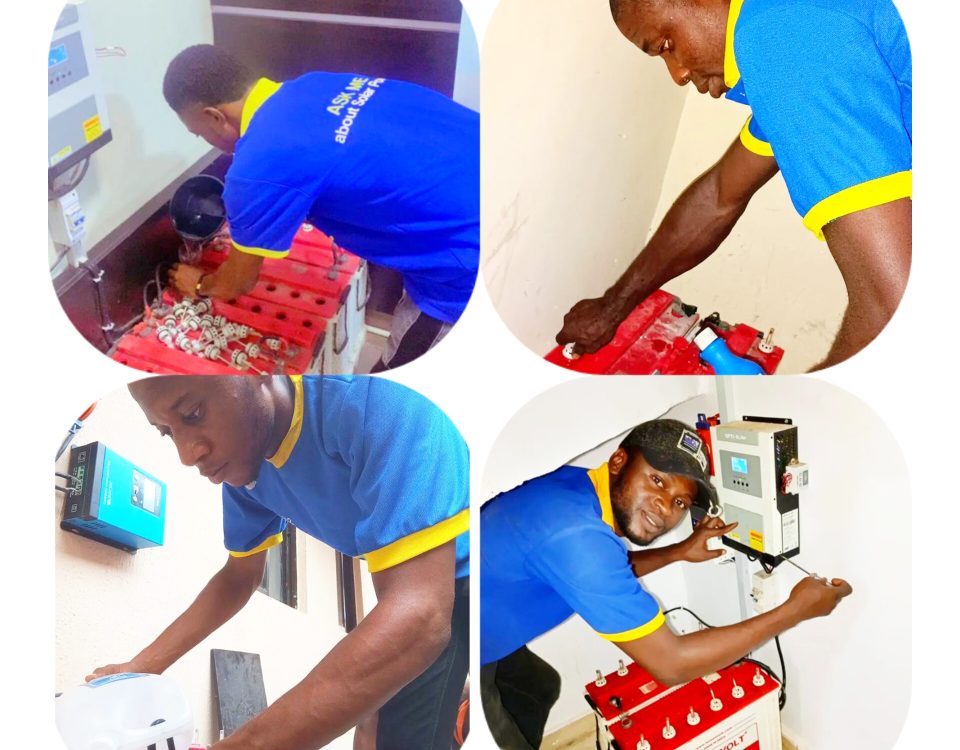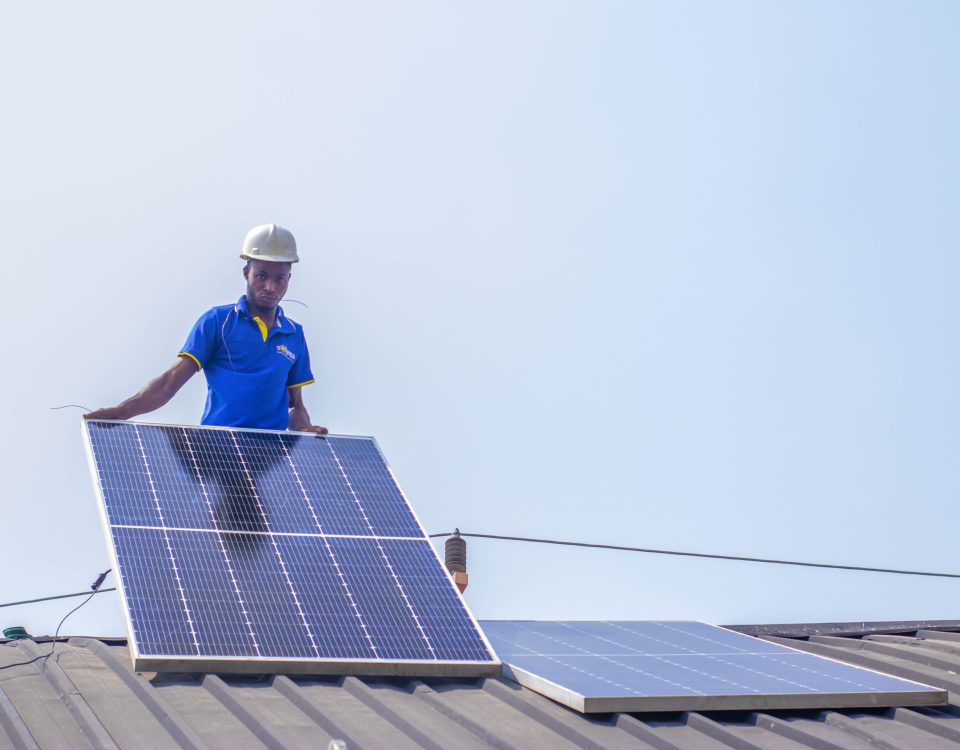How Does Temperature Affect Solar Panels?

The 4 Types of Solar Panels
2023-10-07
How to avoid electric shock at home!
2023-11-18Solar panels have become an increasingly popular source of renewable energy, harnessing the power of the sun to generate electricity. However, many wonder how temperature affects their efficiency and overall performance. In this article, we will explore the relationship between temperature and solar panels, and its impact on their functionality.
Thank you for reading this post, don't forget to subscribe!- The Effect of Extreme Heat: When exposed to high temperatures, solar panels can experience a decrease in efficiency. This reduction occurs because the materials used in solar panels, such as silicon-based photovoltaic cells, are sensitive to heat. Excessive heat can cause electron movement to become more chaotic, resulting in decreased energy conversion efficiency.
- The Impact of Cold Temperatures: Just like extreme heat, extremely cold temperatures can also affect solar panel performance. In cold weather, solar panels may experience a decrease in output due to the reduced mobility of electrons within the photovoltaic cells. Cold temperatures can cause the materials to contract, leading to potential cracks or damage that can impair the panel’s functionality.
- Optimal Temperature Range: While extreme temperatures can impact solar panel efficiency, there exists an optimal temperature range where solar panels perform at their best. Different types of solar panels have different temperature coefficients, which determine their sensitivity to temperature variations. Generally, solar panels operate efficiently within a temperature range of 25 to 35 degrees Celsius (77 to 95 degrees Fahrenheit).
- Cooling Techniques: To counteract the negative effects of high temperatures, various cooling techniques can be employed. Passive cooling methods, such as airflow around the solar panels, can help dissipate excess heat. Active cooling methods, such as the use of water or liquid coolants, can also be utilized to regulate panel temperature and maintain optimal efficiency.
- Monitoring and Maintenance: Regular monitoring and maintenance are crucial to ensure optimal performance of solar panels regardless of temperature conditions. Periodic inspections can help identify any defects or damage caused by temperature fluctuations and allow for timely repairs or replacements. Additionally, keeping the panels clean and free from debris will enhance their overall performance.
Temperature plays a vital role in the efficiency and performance of solar panels. Extreme heat and cold temperatures can decrease their output, while operating within the optimal temperature range ensures maximum efficiency. Maintaining regular inspections are essential to ensure the longevity and effectiveness of solar panels. Harnessing solar power is a sustainable and eco-friendly solution for meeting our energy needs. By understanding the impact of temperature on solar panel performance, we can make informed decisions to get started with solar and maximize their efficiency without interruptions.




